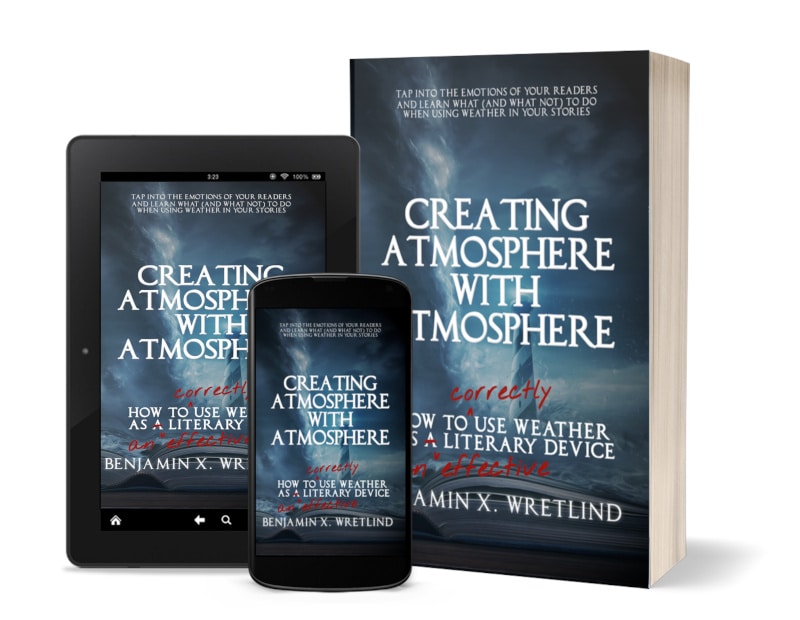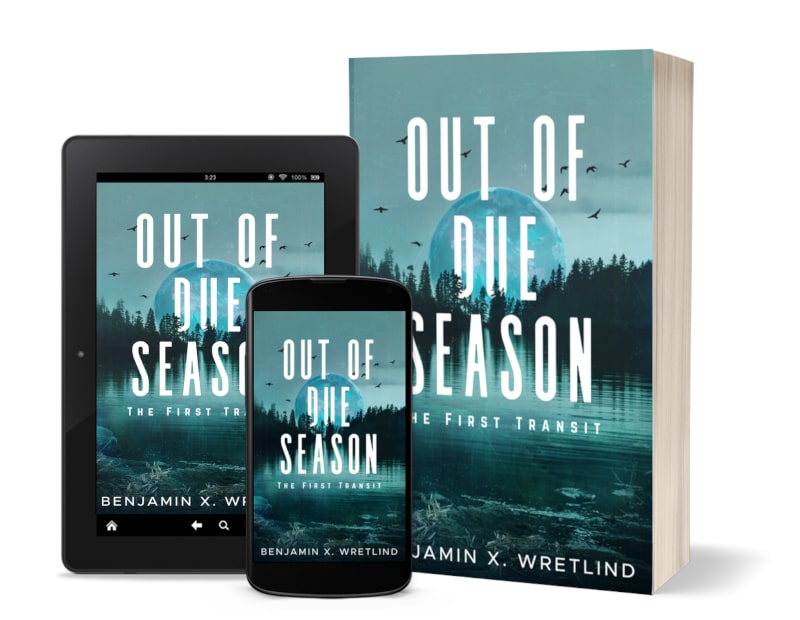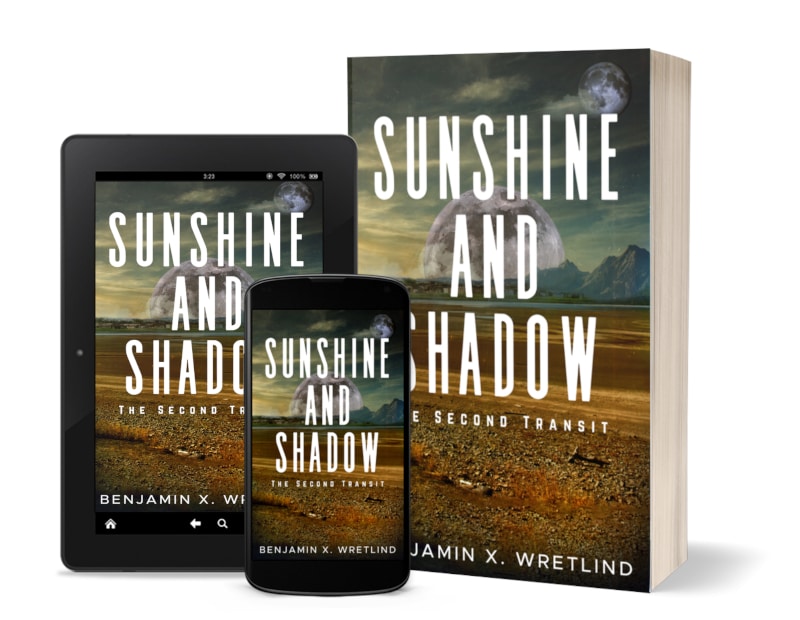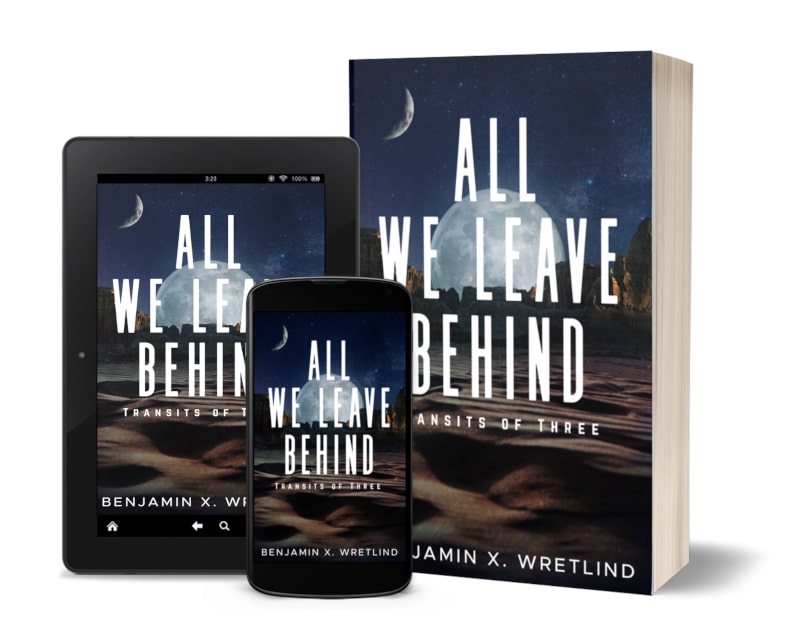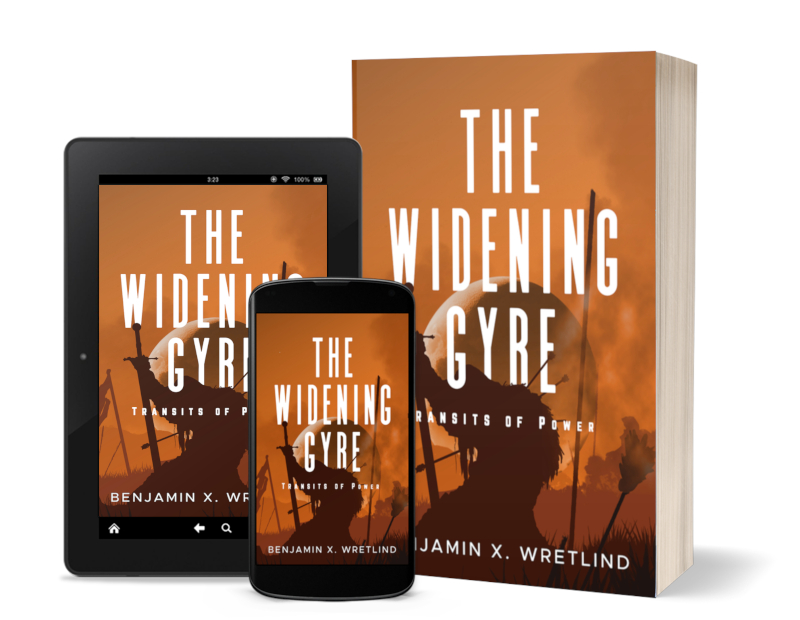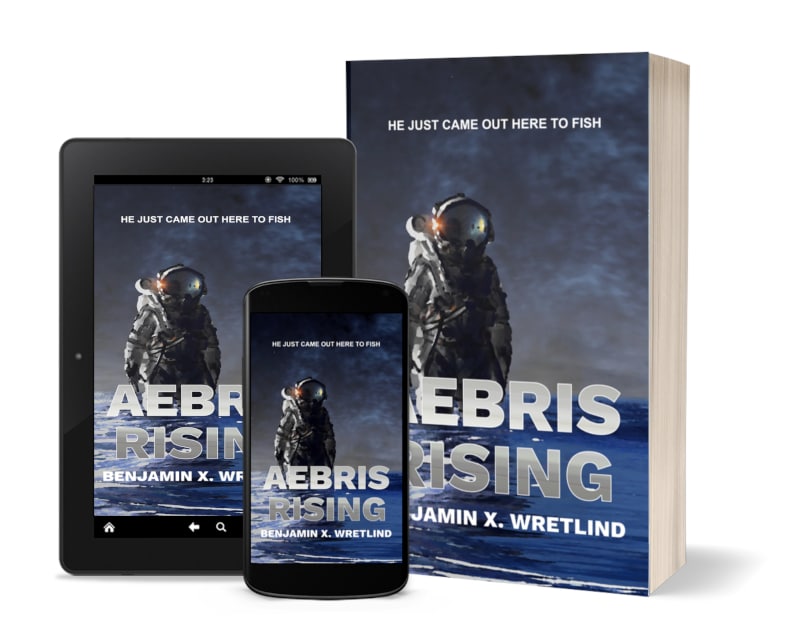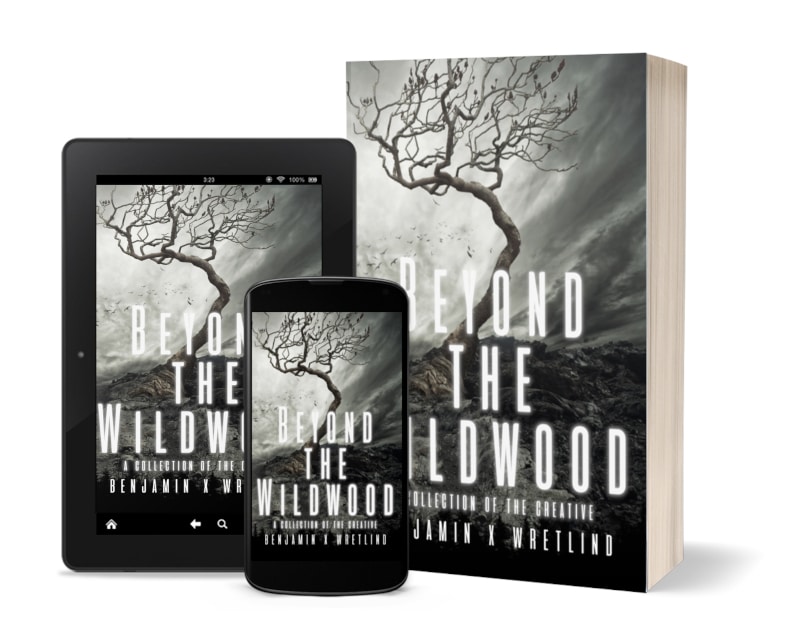What Could Be Better Than a Book About Weather?
I ask what could be better than a book about weather, but I know the answer–to me, anyway: nothing. For twenty years of my life, I forecasted the weather in places as diverse as Honduras, Alaska, South Carolina, Hawaii, and more.
I’m also a writer.
Because of that connection, I’ve been a little more tuned into the weather when I read a book, watch a movie, or write a novel. I’ve written several articles on the subject and even conducted an unscientific experiment to prove several of my own hypotheses.
John Ruskin, a 19th century art critic, once railed against artists (writers included) who attributed human emotions to the natural world. In his view, this was a “pathetic fallacy” (which sounds rude, but really means “emotional falseness”). Ruskin argued that skies have never wept, nor has the sun shone mercilessly.
“An inspired writer, in full impetuosity of passion, may speak wisely and truly of ‘raging waves of the sea, foaming out their own shame;’ but it is only the basest writer who cannot speak of the sea without talking of ‘raging waves,’ ‘remorseless floods,’ ‘ravenous billows,’ etc.; and it is one of the signs of the highest power in a writer to check all such habits of thought, and to keep his eyes fixed firmly on the pure fact, out of which if any feeling comes to him or his reader, he knows it must be a true one.”
Ruskin, J. (1856). Modern painters (Vol. III).
In the book that I have been writing for several years and is finally nearing the finish line, that’s the point: to state fact but extract feeling.
I remember learning all about anthropomorphism in school, that is, assigning human behavior to non-human things: the river that bleeds, the leaves that dance, the engine that growls. And I can see Ruskin’s point: 19th century literature is filled with anthropomorphisms.
In my upcoming book, however, I won’t say that you should avoid those literary endeavors. Tell me how that cloud is galloping across the sky or how the wind is whispering sweet nothings. Maybe your fog rolls in on little cat feet.
We can do more, however, just as Ruskin suggested. We can “keep [our] eyes fixed firmly on the pure fact, out of which if any feeling comes to [us] or [our] reader, [we] know it must be a true one.”
Mark Twain shunned putting weather in books, even though he shows up in a table of authors that mention the weather in the first sentence. In The American Claimant, Twain writes:
No weather will be found in this book. This is an attempt to pull a book through without weather. It being the first attempt of the kind in fictitious literature, it may prove a failure, but it seemed worth the while of some dare-devil person to try it, and the author was in just the mood.
Many a reader who wanted to read a tale through was not able to do it because of delays on account of the weather. Nothing breaks up an author’s progress like having to stop every few pages to fuss-up the weather. Thus it is plain that persistent intrusions of weather are bad for both reader and author.
Ouch. But he continues, and in fact, makes the case for including weather in any book.
Of course weather is necessary to a narrative of human experience. That is conceded. But it ought to be put where it will not be in the way; where it will not interrupt the flow of the narrative…Weather is a literary specialty, and no untrained hand can turn out a good article of it.
Twain, M. (1892). The American Claimant.
That’s more like it. When I first read about Twain’s refusal to put weather “in this book,” I thought I would have to abandon all hope and do something else with my time. Maybe I could write a book about all the ways cooking shows up in thriller novels. (It’s a problem, really.)
Human emotion can be drawn out or set by using the weather as a tool. We can create atmosphere with atmosphere, and through examples, exercises, and pretty pictures, my upcoming book hopes to show that.
Stay tuned!


